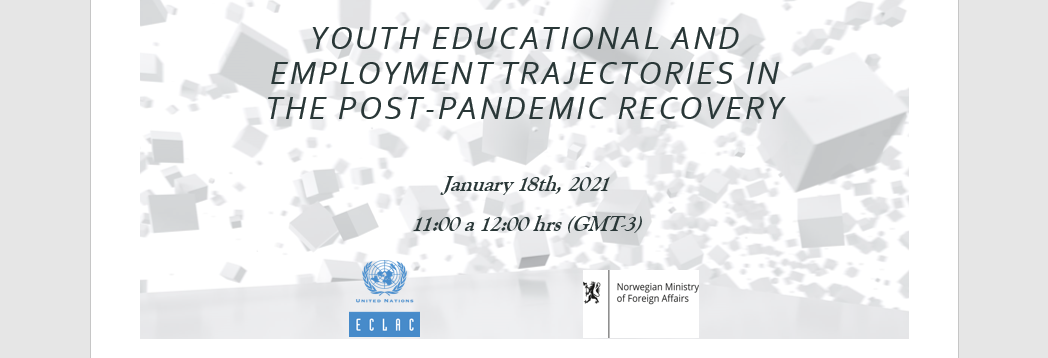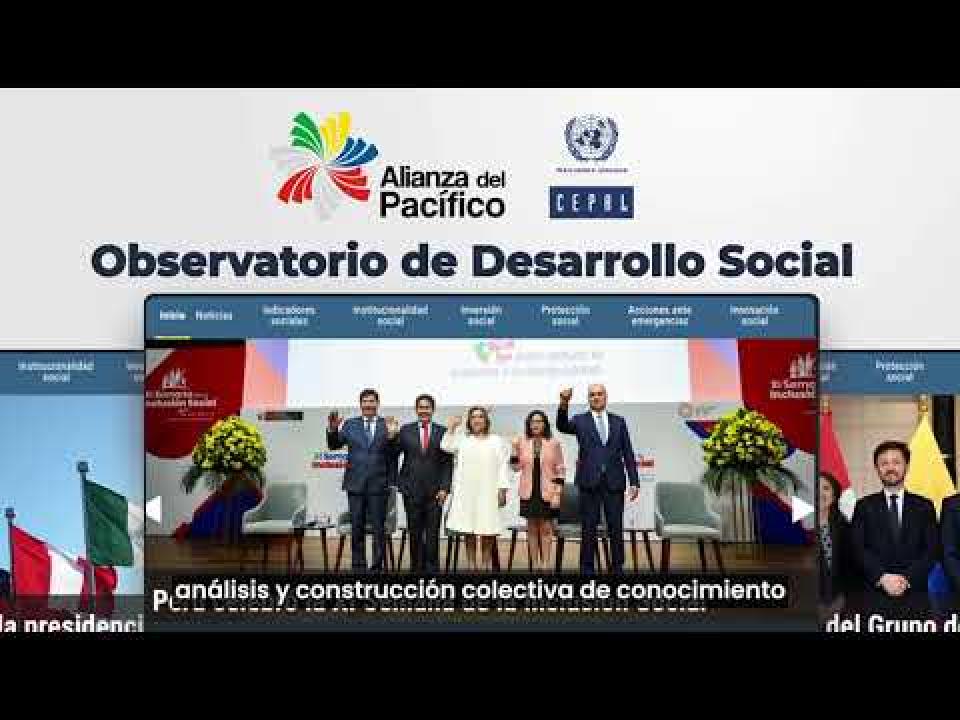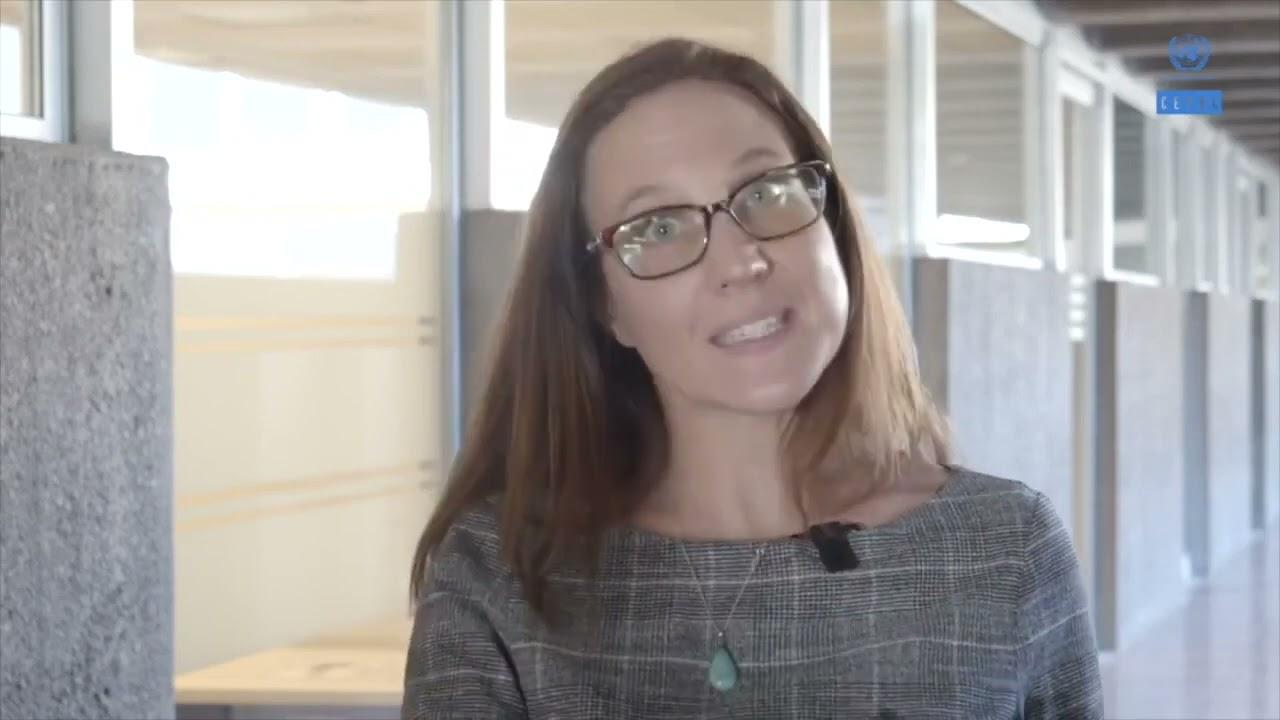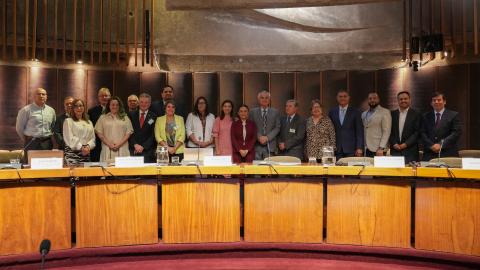video
Webinar: Youth educational and employment trajectories in the post-pandemic recovery
Background
One of the fundamental processes that occur during youth is the transition from the educational system to the world of work, which directly impacts the processes of emancipation and the development of people's autonomy.
Today we are faced with a scenario of high uncertainty regarding the present and unpredictability of the future in a world marked by constant economic, social, health, environmental, and political changes that profoundly affect the educational and employment trajectories of young people. It is a complex and challenging context that has also suffered the unexpected and dramatic impact of the coronavirus disease pandemic (COVID-19).
The countries of Latin America and the Caribbean are suffering an unprecedented economic contraction affecting both the learning processes and the labour inclusion of young people. On the one hand, the discontinuity of studies or the impossibility of accessing the same type of continuity by virtual means added to the economic crisis that will affect household income will increase the risk of dropping out of school, particularly at secondary and tertiary education levels. This difficulty is even greater for the offer of technical vocational education and training (TVET) due to the characteristics of this modality, focused on the development of practical skills for the productive sector. On the other hand, the crisis has had a significant impact on the labour markets that implied the destruction of jobs, the increase in unemployment, and the precariousness of working conditions that undermine the generation of decent employment for young people. All of this will decisively increase inequality in the region, affecting some more than others: such as young people, women, the elderly, informal workers, indigenous peoples, and Afro-descendant populations, people with disabilities, and migrants, among others.
In the coming years, the countries of the region should focus their efforts to achieve sustainable recovery and the construction of more resilient and inclusive societies.
18 Ene 2021
-
Inauguration – ECLAC -Norway cooperation programme
11:00 a 11:15Alicia Bárcena, ECLAC Executive Secretary (tbc)
Jostein Leiro, Norway Ambassador in Chile
-
Sanitary crisis impact on the economy and the world of work in Latin America and the Caribbean
11:15 a 11:25Daniel Titelman, Director, Economic Development Division, ECLAC
-
Labour market gender gaps and the health crisis consequences on the economic autonomy of women
11:25 a 11:35Ana Güezmes, Director, Gender Affairs Division Director, ECLAC
-
Challenges for youth´s educational and labour inclusion
11:35 a 11:45Simone Cecchini, Officer in charge, Social Development Division, ECLAC
-
Inclusive education for a strengthened recovery
11:45 a 12:00Comments by Javier González, SUMMA
Información práctica
WEBINAR via Zoom
https://zoom.us/j/96784632081?pwd=cnU3V1BjVTFidDFsc0NqbmNXSFpQZz09
Código de acceso: 754600
Date: January 18, 2021 Time: 11:00 to 12:00 hrs. (GMT-3)



